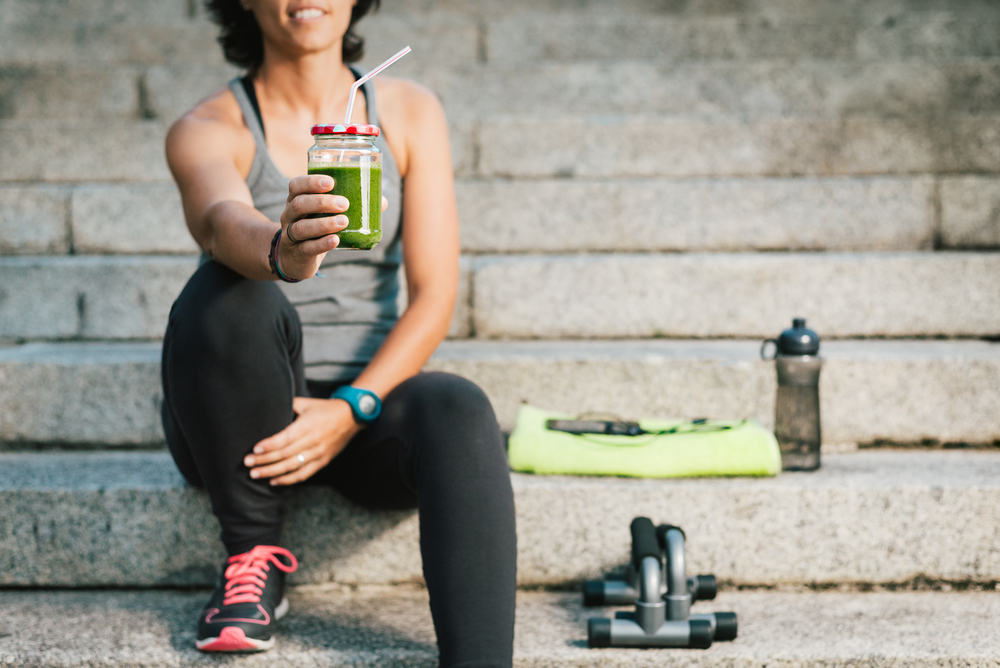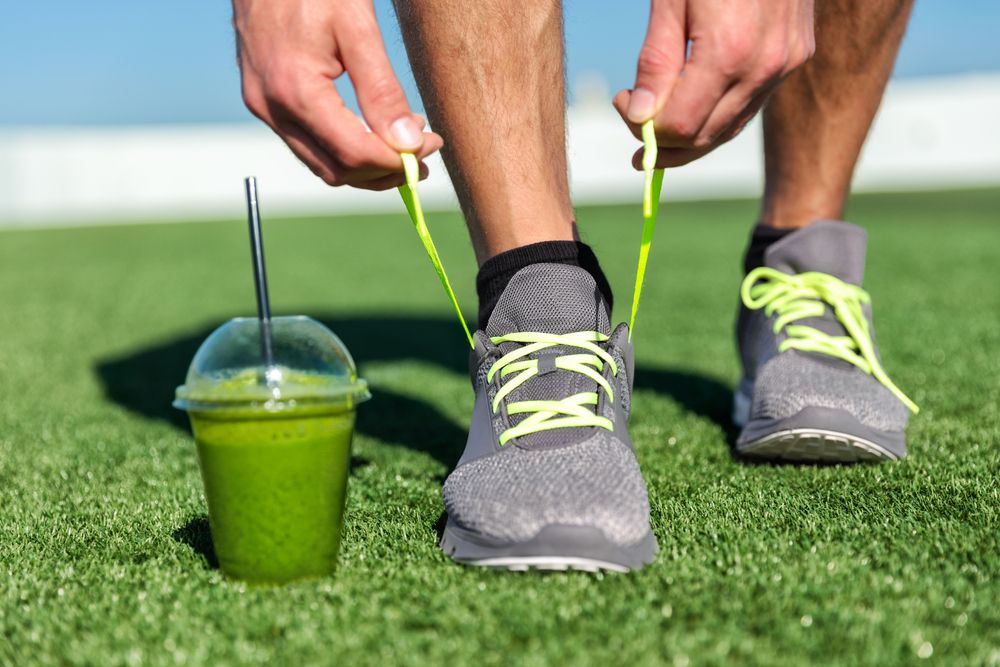Some of the most elite athletes in the world — including tennis champion Venus Williams and NBA superstar Kyrie Irving — practice a vegan lifestyle.
Many athletes adopt vegan eating to lose weight, improve muscle definition and accelerate performance goals, although some also choose the diet out of concern for the planet and animal welfare. But is it possible for such athletes to get sufficient fuel without eating meat or dairy?
Absolutely! Vegan athletes are some of the best-nourished individuals on the planet. Additionally, those adopting a vegan lifestyle need not fear consuming antibiotics and artificial hormones used to fatten animals for slaughter. If you’re thinking of powering your workouts with a vegan diet, here are six tips to get you started.
Find Ways to Get Your Protein
All people need adequate protein, but athletes need more than most. Protein makes up the building blocks of muscle fiber. When people work out, they create microscopic tears in their muscle fibers, and when these tears heal, their muscles grow stronger. Without adequate protein, muscles cannot recover from heavy workouts.
Protein consists of amino acids. Amino acids fall into three categories: essential, nonessential and conditional. The body produces nonessential amino acids, and conditional amino acids only come into play during times of illness or injury. Therefore, athletes need to focus on consuming the nine essential amino acids by eating a variety of the foods listed below.
- Beans: There’s a reason red beans and rice, the famous state dish of Louisiana, became so popular. While neither main ingredient serves as a complete protein source on their own, when combined, they contain all the amino acids athletes need. Beans also aid in glucose metabolism, making them a great assistant for those with insulin resistance trying to lose weight, and they act as a liver tonic as well.
- Lentils: Lentils are small, lens-shaped legumes popular in Asian cuisine, and they pack a powerful protein punch. Lentils come in a variety of colors, which is ideal — nutritionists suggest eating foods in different vibrant colors, as they all contain unique nutrient profiles. Learning how to cook lentils correctly keeps them from getting mushy.
- Nuts: Not only do nuts contain essential amino acids, but they also contain high levels of omega-3 fatty acids that help protect your nerves and your brain. If you’re watching your carbs, but still want to start your day with a meal that mimics oatmeal, you can grind nuts into an oat-like consistency and top them with fresh fruit.
- Dark, leafy greens: Remember how Popeye used to down a can of spinach to make his biceps bulge? That’s because greens like spinach and kale contain a host of amino acids. Mix a big salad, throw in colorful veggies like cabbage, peppers, radishes and tomatoes, then top with homemade green goddess salad dressing for a delicious, high-protein lunch.
- Seeds, including hemp seeds: Like nuts, seeds contain a ton of protein and omega-3s. Suffer occasional aches and pains? Try mixing a handful of hemp seeds with your next meal. The human body possesses an endocannabinoid system, and hemp seeds contain CBD, the ingredient in cannabis which does not get you high, but does ease achy muscles and joints.
Consume Fake “Meat” in Moderation
Stroll through the natural section of any grocery store, and you’ll find a host of vegan convenience foods containing fake meat. That sounds great when you’re too tired to cook, right? Only if you read the labels carefully.
The core ingredients of many vegan convenience foods are veggies like black beans and corn. However, they often contain high levels of sodium and artificial flavors to make them taste more like the real thing. Occasionally nuking a TV dinner won’t destroy your performance, but strive for home-cooked whole foods the majority of the time.
Be Aware of Signs of Deficiency
Because they don’t consume animal products, vegans are prone to specific nutritional deficiencies. In particular, vegans tend to lack adequate intake of iron, calcium and vitamin B12. Be aware of the following signs.
- Iron: Individuals suffering from an iron deficiency often develop grooves in their fingernails. If the condition proceeds to anemia, you’ll experience extreme fatigue, a rapid heartbeat and vertigo.
- Calcium: Your brain has calcium channels, and if you don’t get enough of this mineral, you’ll experience depression, difficulty concentrating and memory loss. You’ll also be more prone to breaking bones, which can set your training back for months.
- Vitamin B12: Most people get adequate B12 from meat, but vegans need to work harder to consume enough. Deficiency in B12 starts with tingling in your fingers and toes. You’ll also experience fatigue and a racing heart, similar to what anemic people experience. Some people can’t absorb B12 sufficiently through digestion — if this sounds like you, talk to your doctor about injections.
Nutritional deficiency can affect both your physical and mental health, taking a major toll on other aspects of your life, like your career and personal life. In fact, even in a wealthy nation, nutritional deficiencies occur and cost the economy $3.5 trillion each year! Talk to your doctor about supplements if you experience symptoms of deficiency.
Prep Meals on the Weekend
Life happens and many athletes still work and raise families, making cooking dinner seem exhausting. To stick to your meal plan, prep meals for the week on the weekend or your day off and store them in single-serve containers. All you need to do during the week is pop a serving in the microwave, and you’re ready to dig in.
Consider Supplements Carefully
Even the best meal plan can use a booster shot now and then. Tons of vegan supplements exist to ensure you get all the nutrients you need. If you’re not sure which one to select, consult with your physician — online reviews help, but there’s little way to tell if testimonials are genuine.
Be Sure to Eat Sufficient Calories
It’s impossible to overemphasize this point. While the standard 2,000-calories-per-day guideline works for most, athletes training an hour or more daily need considerably more.
Since many vegan meals are naturally low in calories, it’s a good idea to get in the habit of noshing throughout the day. Hit up a natural foods store and make a batch of trail mix with nuts and dried fruits of your choosing. Consider whipping up homemade vegan yogurt on the weekend, and take it along with you for a sweet end to workday lunches.
Final Say on Nutrition Tips for a Vegan Athlete

Human beings can consume all the nutrients they need without killing a single cow or chicken. Use these tips to get started on your path to peak athletic performance. Whether or not you win gold, you’ll look and feel fantastic!
Stock Photos from Maridav & Starstuff / Shutterstock


